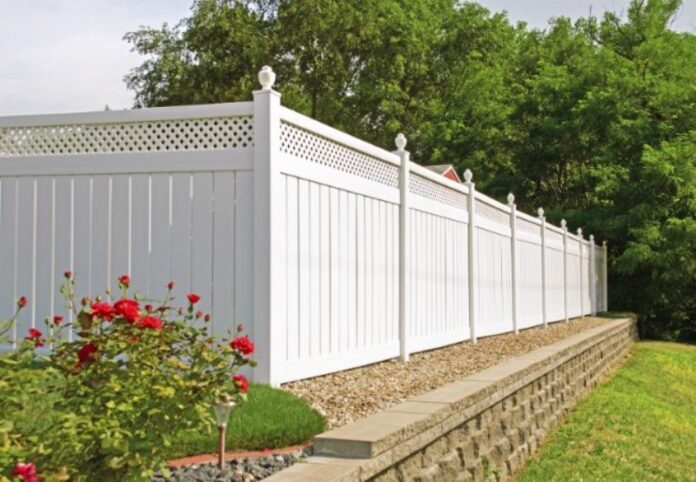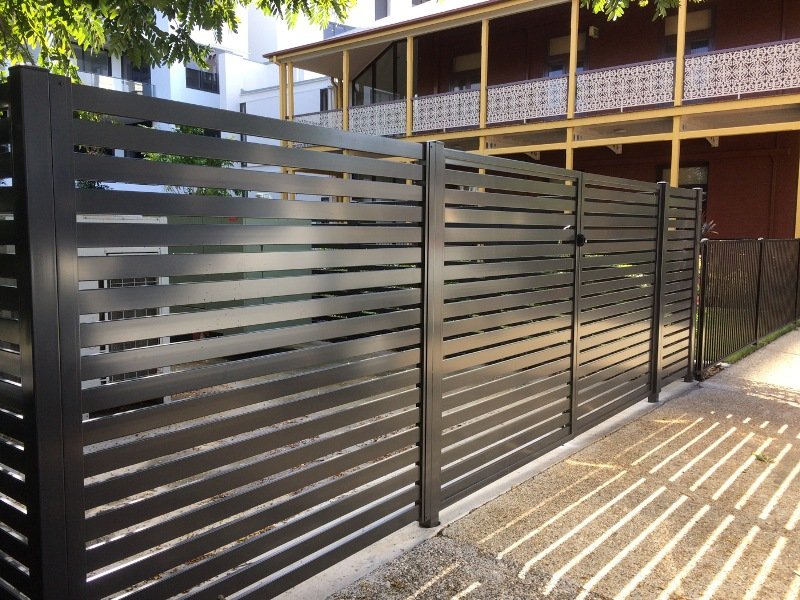Installing a fence is not a decision to be made lightly since it’s not an inexpensive purchase even if you opt for a more cost-effective fence material. Before settling on the fence you’d like to purchase, invest more time in researching and doing a bit of shopping around before deciding. Mostly, you should prioritize your wants and needs first. Also consider which factors are the essential ones to deliberate, style, cost, color, longevity or durability? In this article we’ve outlined three of the popular fence materials with their pros and cons to help you decide.
Wooden Fences
Advantages:
- Wooden fences are exceptionally durable with lifespans of five to ten years which can even be prolonged with proper care and maintenance. They are also impact-resistant.
- Wooden fences that are manufactured from environmentally friendly preservatives and stabilizers have gained popularity with more people making eco-friendly choices. Wood is a lot easier to decompose or dispose as opposed to metal fencing, making them friendlier towards the environment.
- Wooden fencing provides flexibility and customization and is not restricted to a specific setting. It can be stained with the color of your choice and you can choose the height according to your preference.
- Wooden fencing is a popular choice due to its versatility. They offer a classic and timeless look and provide privacy from prying eyes.
Disadvantages
- The initial installation costs of wooden fencing are cost effective;however, they require some upkeep that is not sustainable long term. They necessitate painting and staining at least once yearly, therefore the running costs are higher than other types of material.
- Wooden fencing is prone to infection from termites and can rot if not taken care of. They require periodic checks to see if everything is in good condition. These fences require painting and maintenance frequently. Speak to your local Fence contractor Tulsa to find out more.
Aluminium fences
Advantages
- Aluminium fencing is reliable and durable, yet more cost effective. Installation and maintenance costs are also cheaper than other material options, making the overall investment more affordable.
- This type of fencing necessitates minimal maintenance since it is not susceptible to rust like other iron and is a ferric metal. It is also not moisture-resistant and can’t rot or oxidize like iron and wood.
- Many aluminium panels are adjustable and rack-able to fit most terrains.
Disadvantages
- Aluminium fencing is perfect for areas that don’t require maximum privacy or security.
- The installation process takes longer compared to other fencing types since the posts must be anchored in concrete as well as bolstered with brackets.
Steel fences
Advantages
- Steel fences are ideal if you require security, especially if used with electric gates where you’re controlling movement in and out of the property.
- Steel fencing is extremely hard and durable and are often galvanized and coated with zinc which can make them last for years.
- This fence type is impact resistant and is perfect for high-risk environments.
- Steel fencing has high overhead costs upfront, but the maintenance is low due to their durable nature.
Disadvantages
- The installation for steel fencing is more comprehensive as opposed to aluminium since the material is quite rugged.
- Alongside the high installation costs, they take longer to install. Selecting steel fencing will require investing a lot of money initially.




















